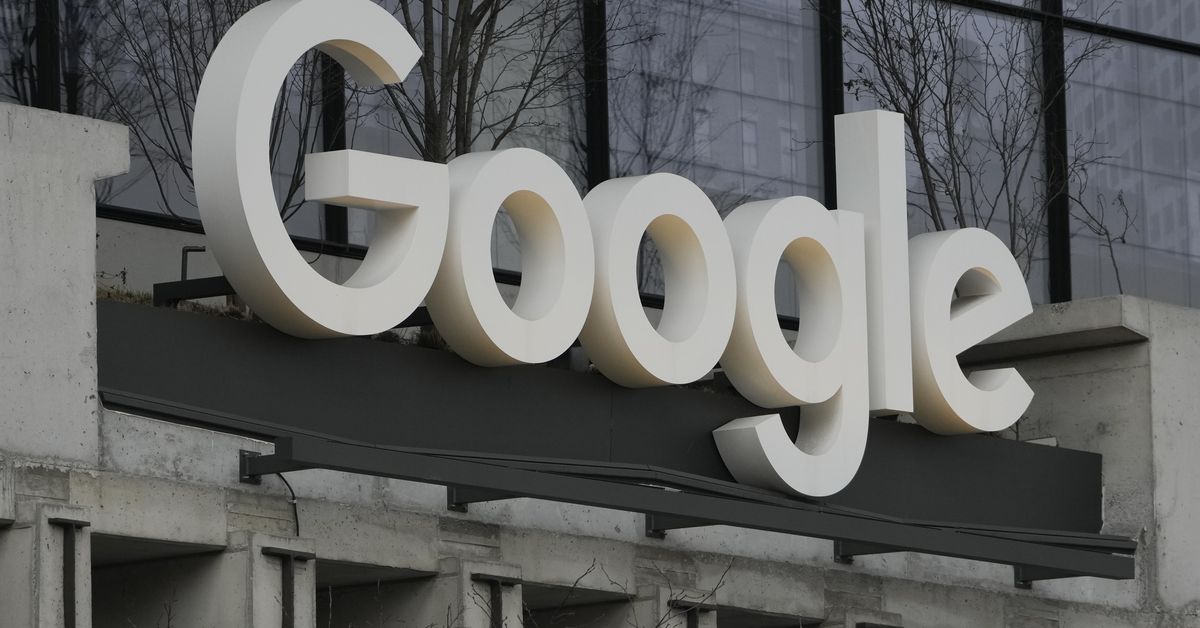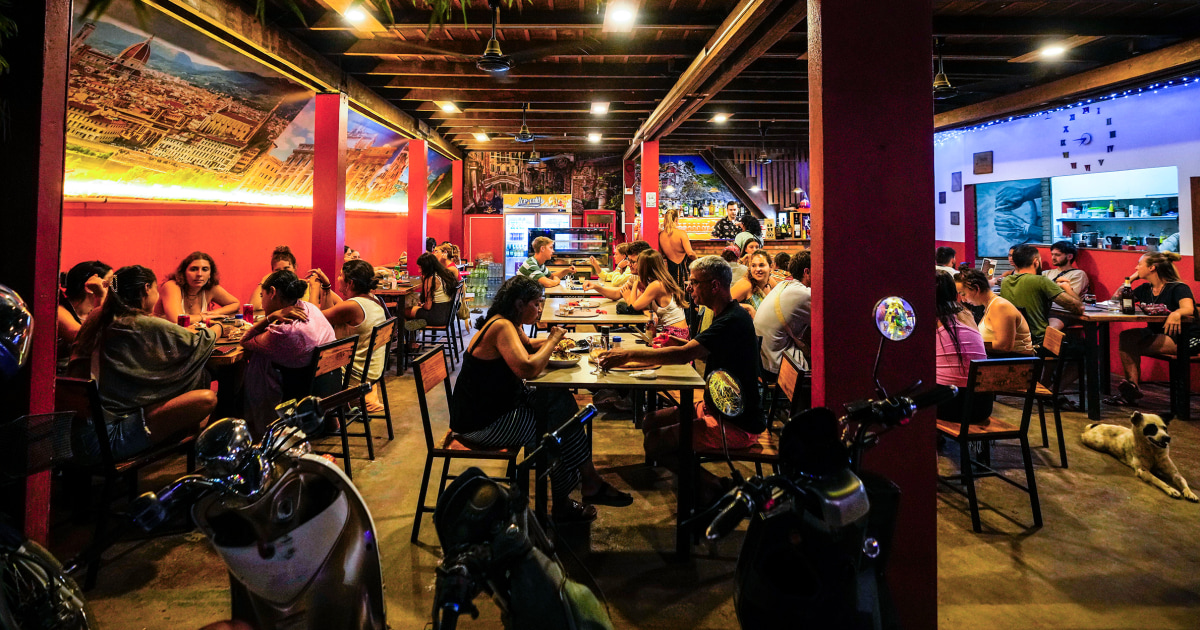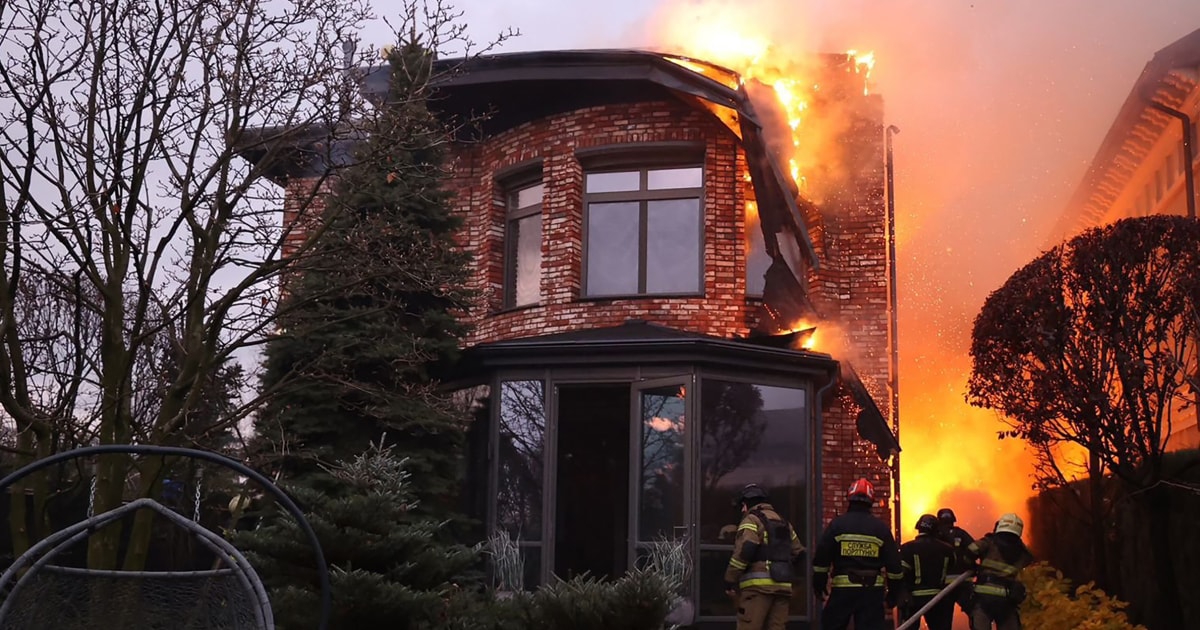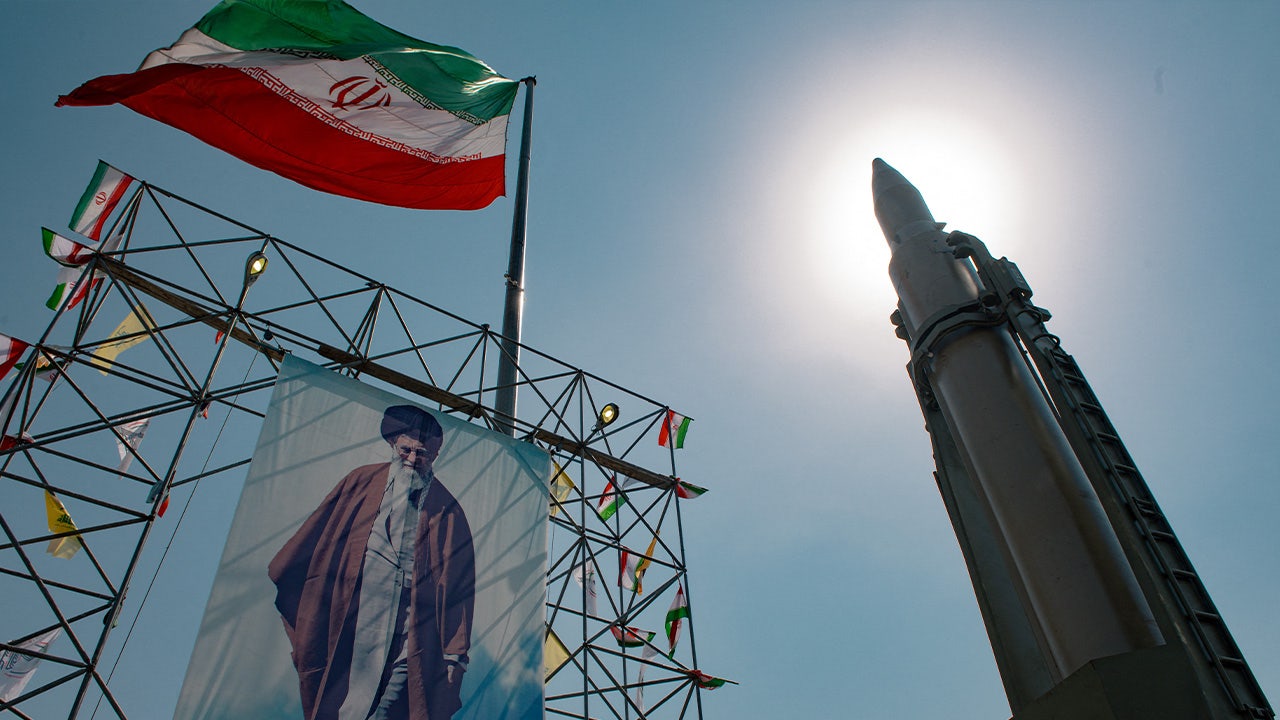Infra
US, UAE Strengthen Ties With Major Push To India-Middle East-Europe Economic Corridor
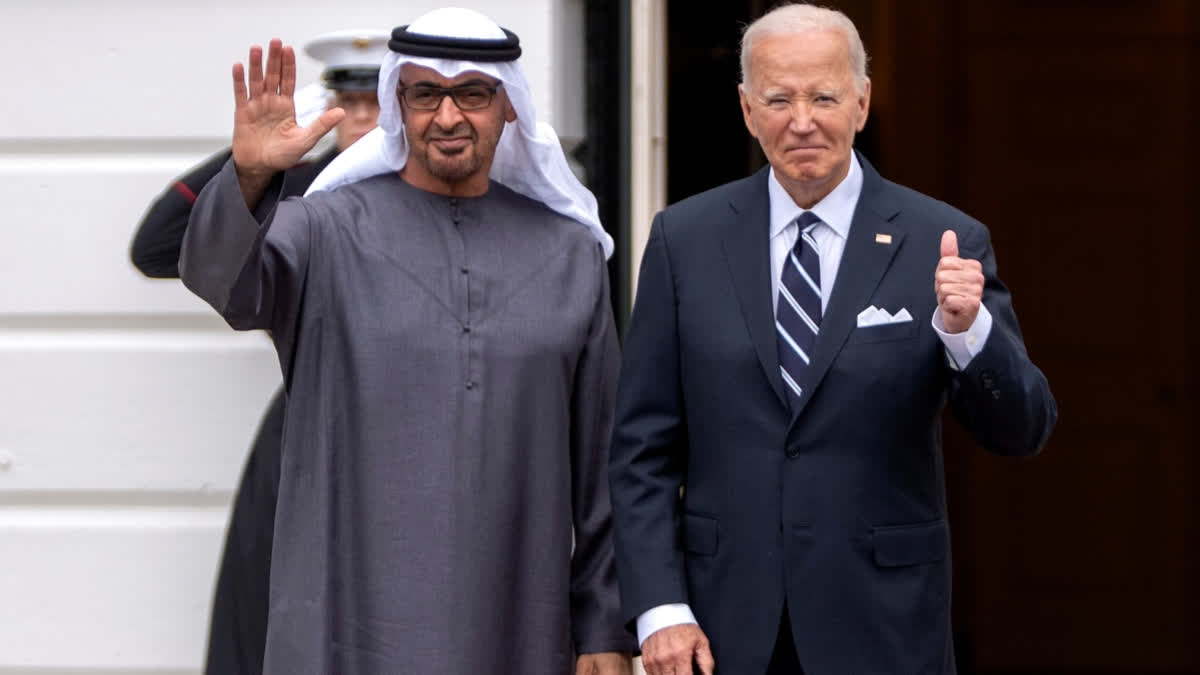
New Delhi: United States President Joe Biden and United Arab Emirates’ Mohammed bin Zayed Al Nahyan discussed the development of the significant India-Middle East-Europe Economic Corridor (IMEC) and highlighted its potential to bring about a new era of global connectivity.
The ambitious project was initiated at the 2023 G20 Leaders’ Summit in New Delhi, alongside the leaders of India, Saudi Arabia, France, Germany, Italy, and the European Union. Once finished, it will establish a connection between India and Europe via ship-to-rail links through the UAE, Saudi Arabia, Jordan, Israel, and Greece.
The India-Middle East-Europe Economic Corridor (IMEC) is a landmark infrastructure initiative announced in September 2023 during the G20 summit in New Delhi. It aims to enhance trade, energy connectivity, and economic integration between India, the Middle East, and Europe by developing a multimodal transport network.
The corridor will include a network of railways, shipping lanes, roads, and ports that connect India to Europe via the Middle East, reducing travel time for goods and enhancing the speed of trade. It spans multiple countries, facilitating smoother and more efficient supply chains. The Eastern Corridor connects India to the Arabian Gulf (Middle East). The Northern Corridor connects the Arabian Gulf to Europe.
سعدت باللقاء مع فخامة جو بايدن اليوم في واشنطن. بحثنا العلاقات الإستراتيجية الراسخة بين الإمارات والولايات المتحدة، والعمل المشترك لتعزيزها وتوسيع آفاقها خاصة في الاقتصاد والتجارة والطاقة والاستثمار والتكنولوجيا والذكاء الاصطناعي والفضاء والمناخ وغيرها من المجالات التي تجسد… pic.twitter.com/t3IRtYEhUG
— محمد بن زايد (@MohamedBinZayed) September 23, 2024
In addition to transport, the corridor will focus on building green energy links, such as clean hydrogen pipelines to support energy security and transition to renewable energy sources. Plans for high-speed data cables are included to improve digital communication and technology collaboration between regions.
The IMEC involves countries such as India, the UAE, Saudi Arabia, Jordan, Israel, Italy, France, and Germany. These countries are expected to play pivotal roles in building and managing the infrastructure.
Geopolitically, it aims to counter China’s Belt and Road Initiative (BRI), offering an alternative trade route that boosts regional economies while limiting dependence on any single country. It strengthens Indo-European trade links and enhances cooperation with key Middle Eastern countries, especially in terms of energy and technology. The India-Middle East-Europe Economic Corridor is seen as a transformative initiative to enhance global trade networks, energy connectivity, and geopolitical partnerships.
During their meeting at the White House on Monday, Biden and Zayed confirmed that the corridor is expected to drive economic growth, enhance efficiencies, reduce greenhouse gas emissions, and facilitate the transformative integration of Asia, Europe, and the Middle East, as stated in a joint declaration.
The two leaders emphasised that this transformative partnership has the potential to introduce a “new era of international connectivity,” enabling global trade and the distribution of clean energy, as well as expanding reliable access to electricity and enhancing telecommunication.
As per the statement, they stressed the importance of collaborative efforts to promote a circular economy and advance sustainable practices, highlighting their dedication to innovation for resource efficiency and environmentally responsible growth.
In an earlier welcome to Zayed at the White House, Biden remarked that the UAE is a country of innovators always looking towards the future and taking significant strides. “That’s something our countries and people share. It’s a foundation of our growing collaboration in AI, clean energy, space, and infrastructure investment to connect regions,” he noted.
Biden also revealed intentions to designate the UAE as a key defence partner of the US, making it the only other country, after India, to receive this status.
The leaders discussed the war in Gaza and underscored their commitment to work together towards ending the conflict, calling for a lasting and sustainable ceasefire and the release of hostages and detainees by the United Nations Security Council Resolution (UNSCR) 2735. They also affirmed that all sides to the conflict must adhere to their obligations under international humanitarian law.
President Biden commended the UAE’s extraordinary humanitarian efforts in Gaza, which have been critical in addressing the crisis, including the launch of a maritime corridor for the movement of aid, the opening of a field hospital in Gaza, and supporting evacuations of wounded civilians and cancer patients.
Read More:


